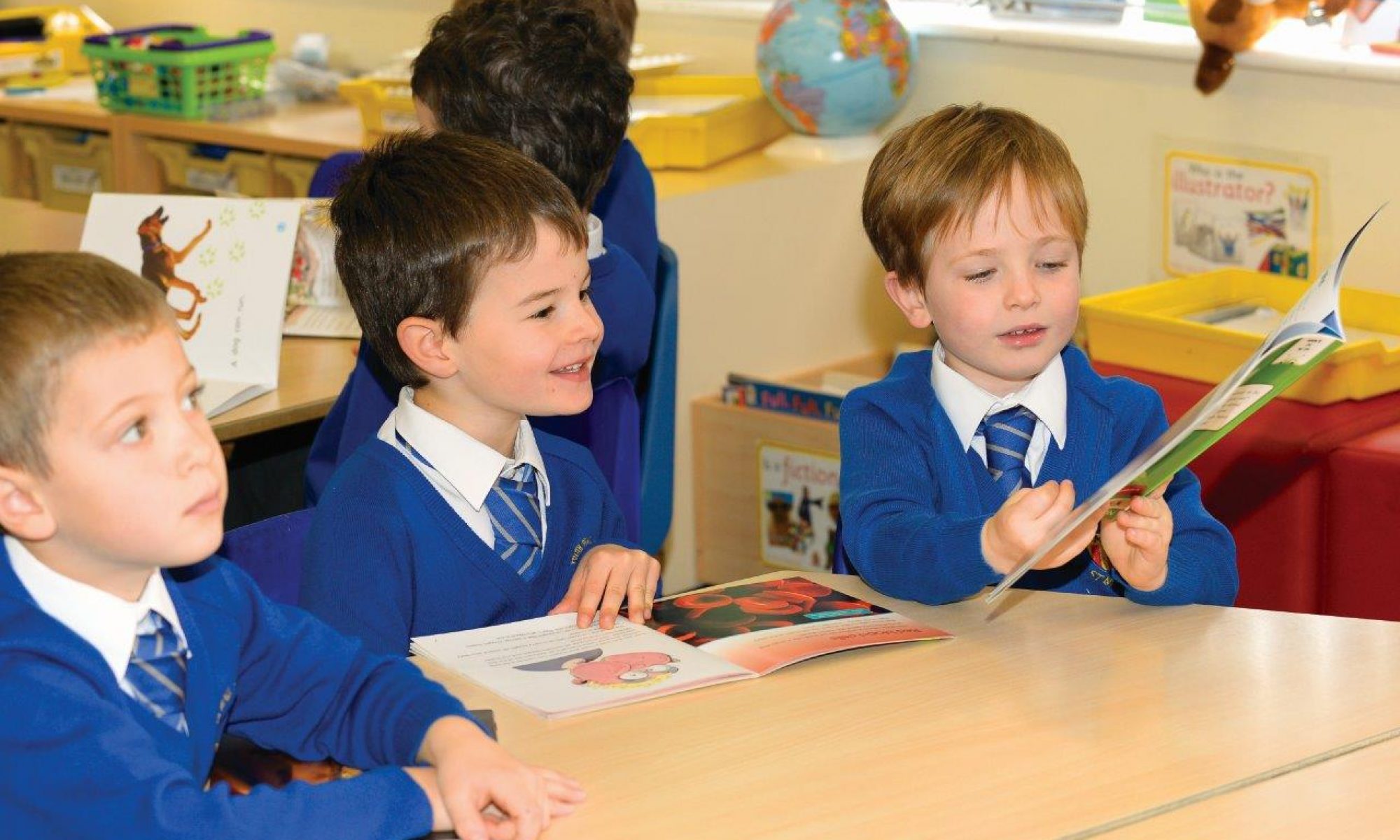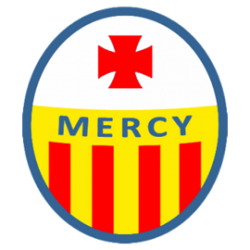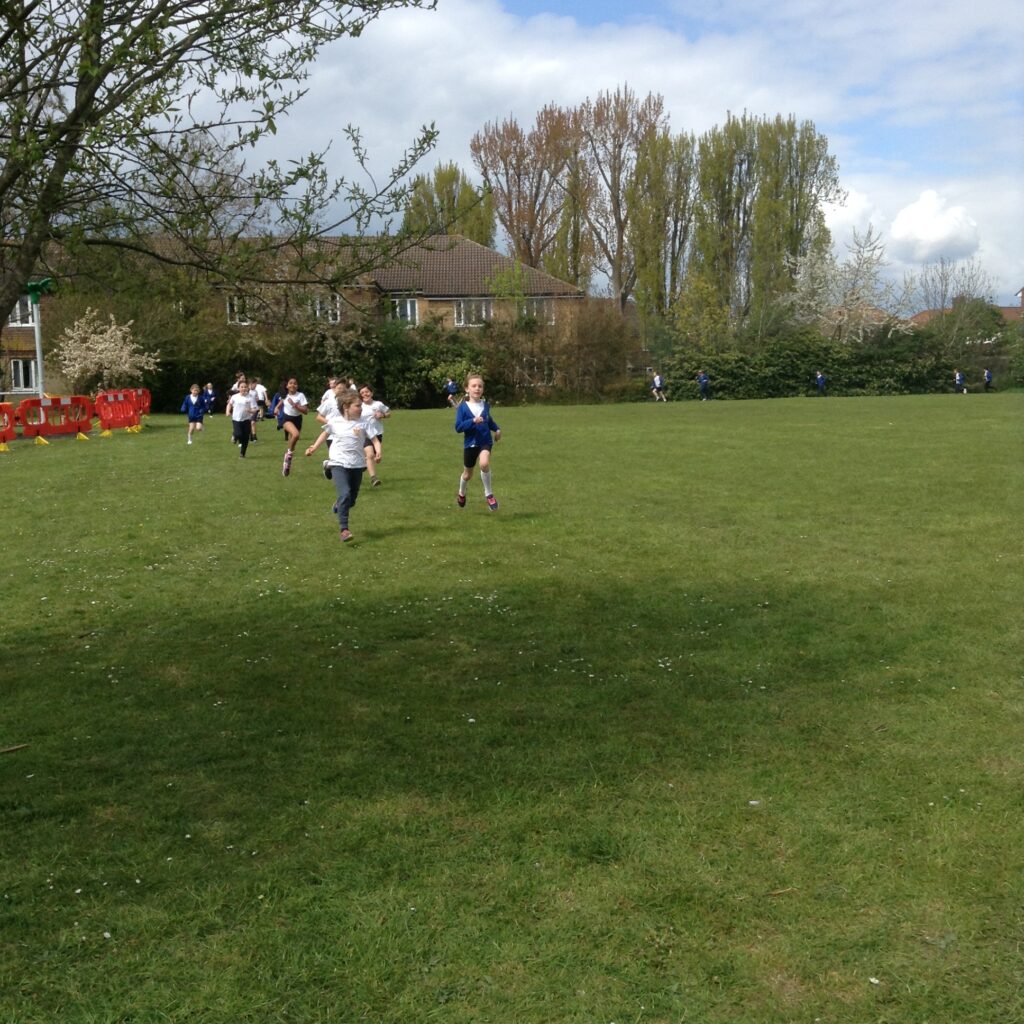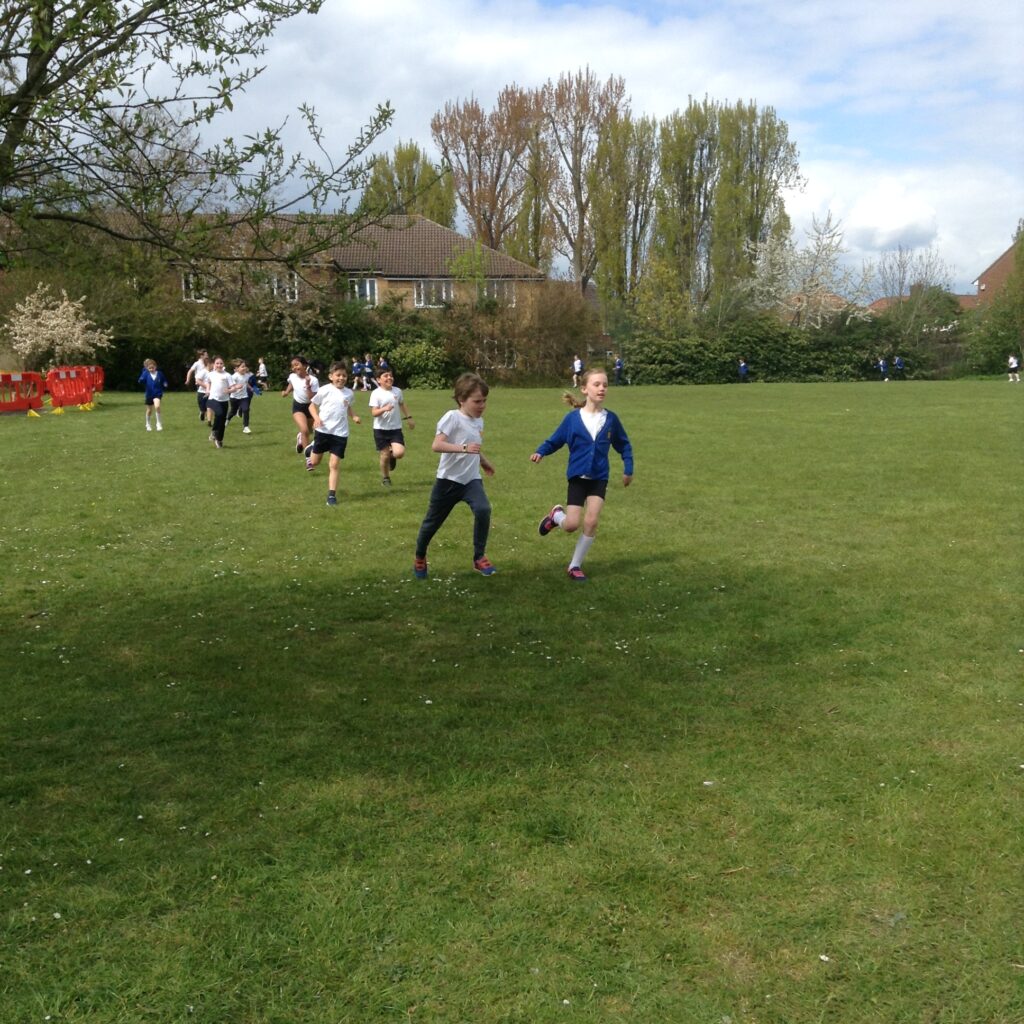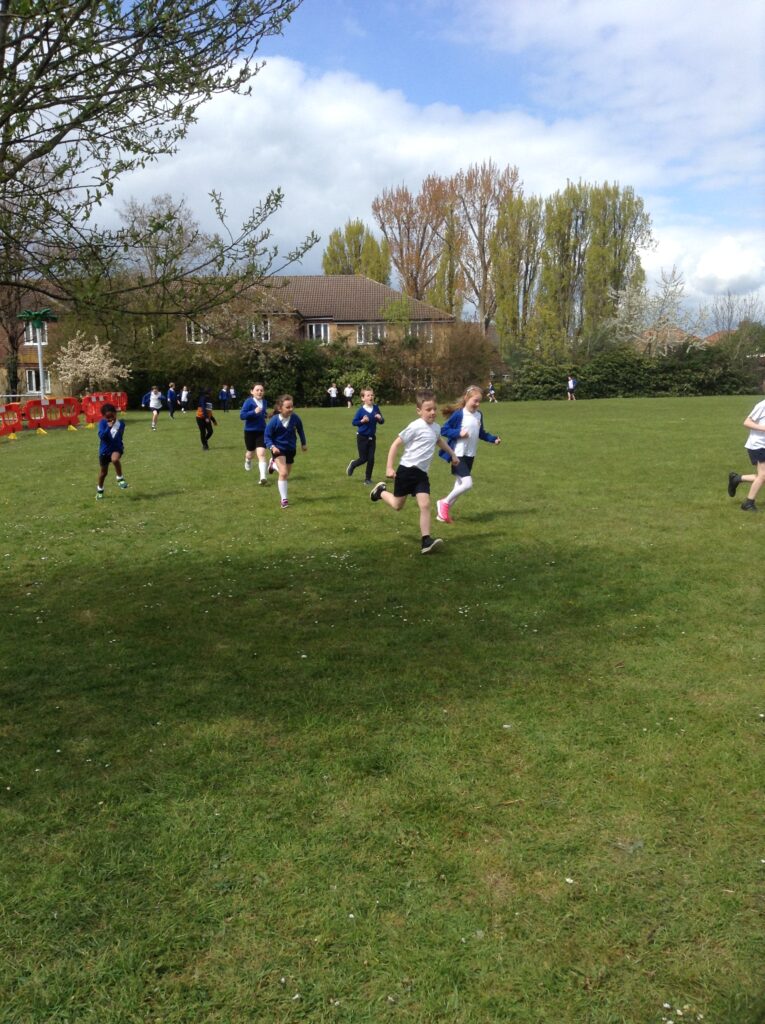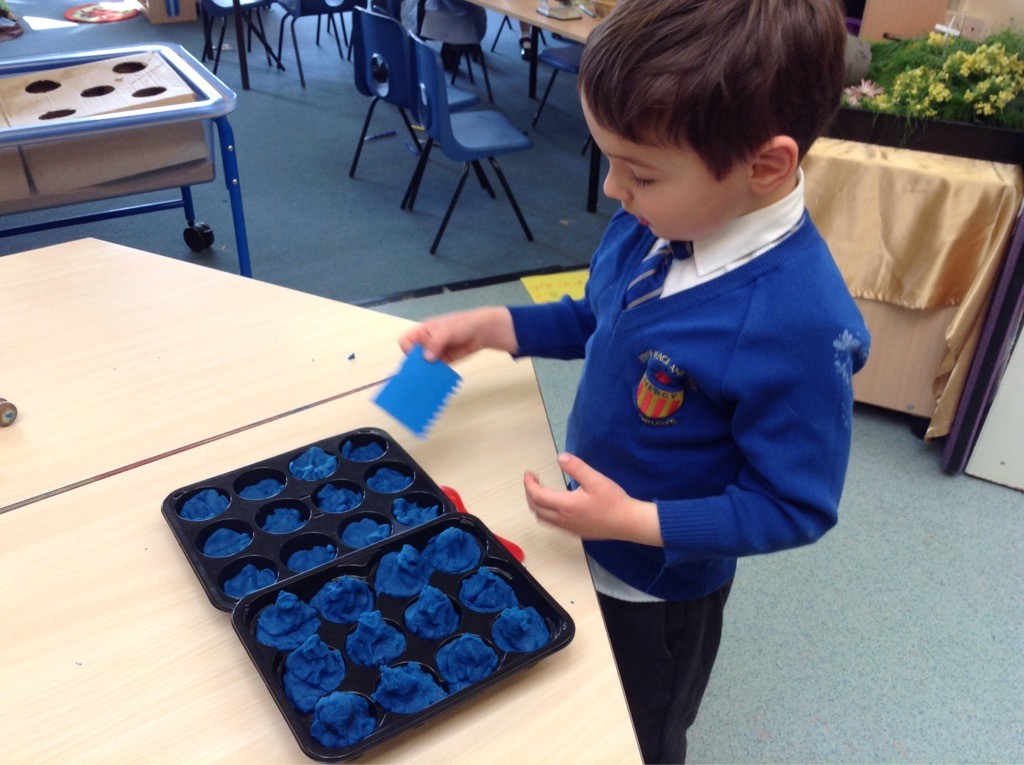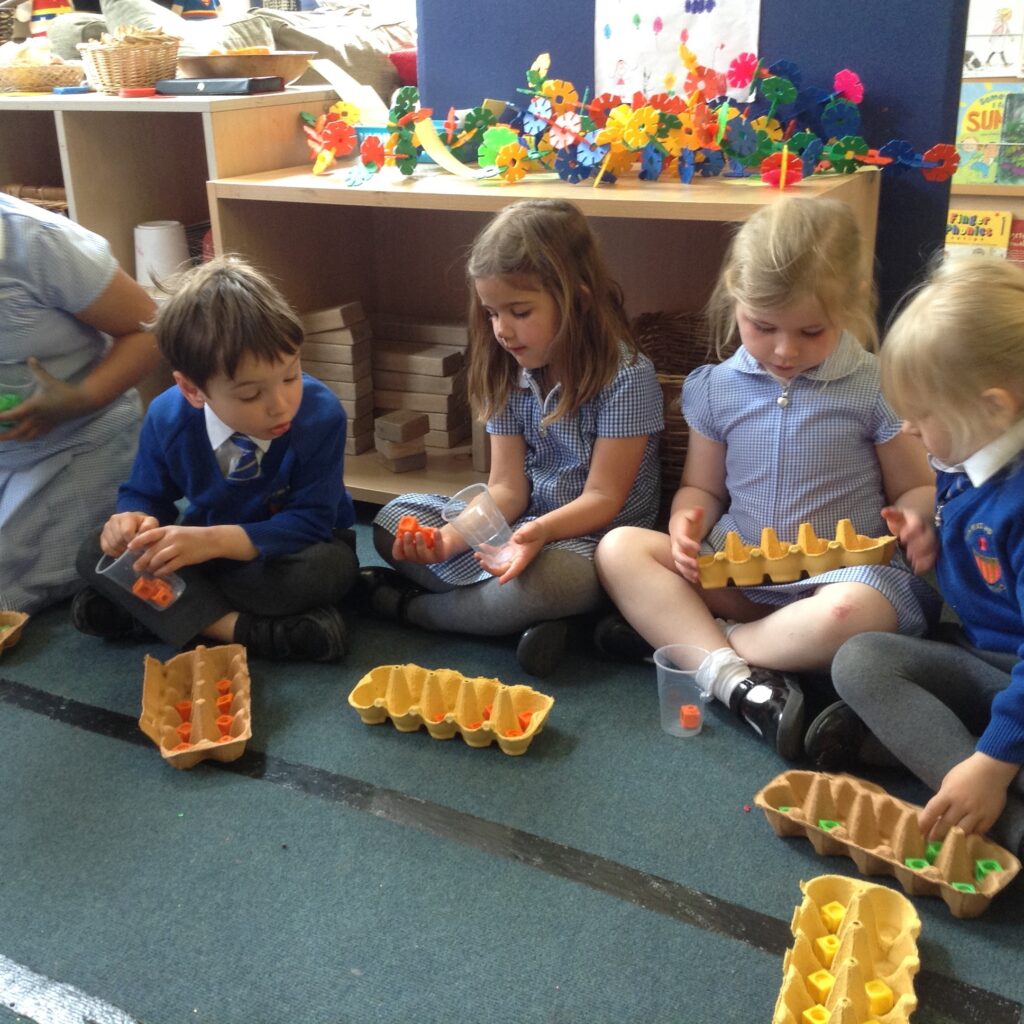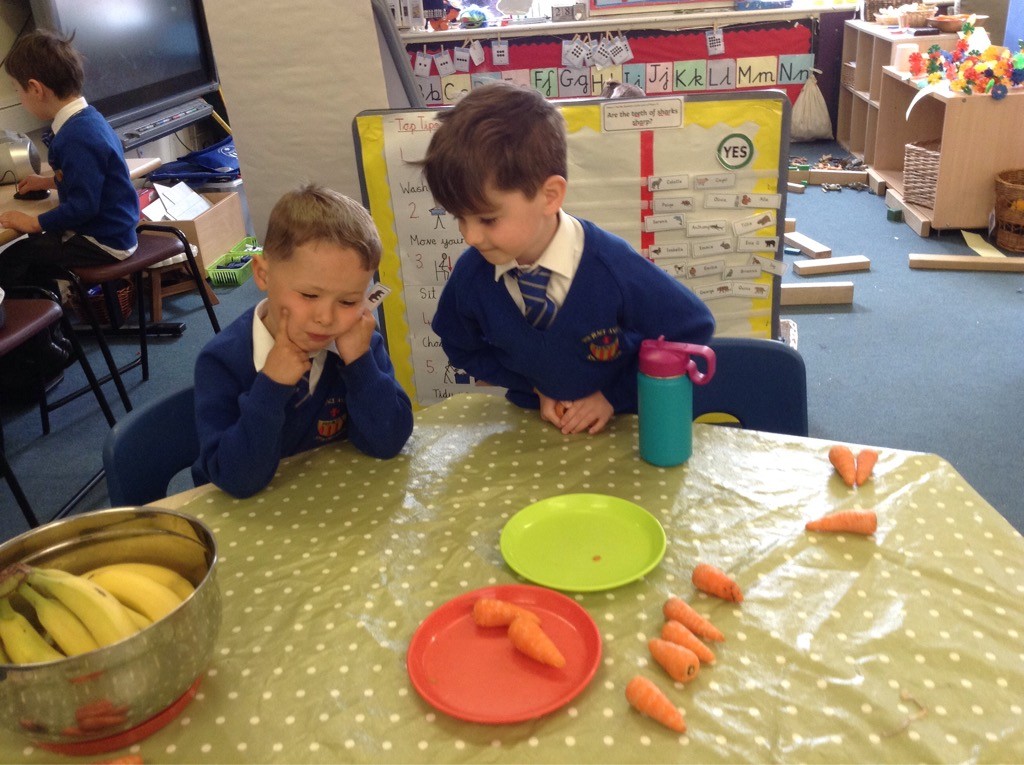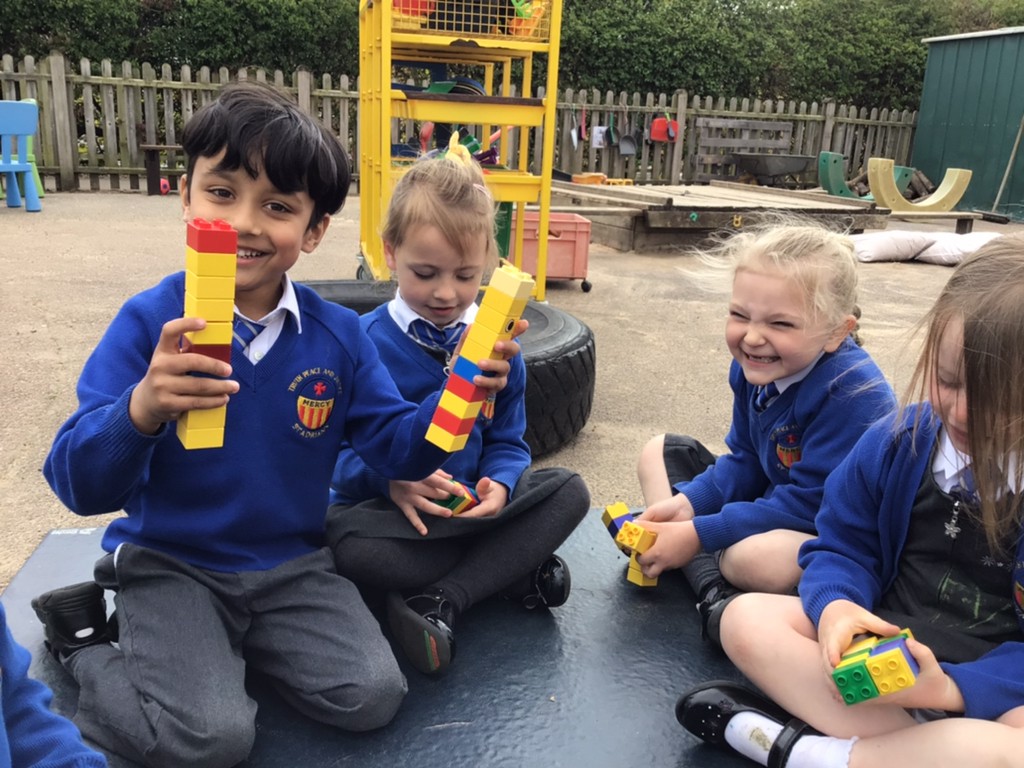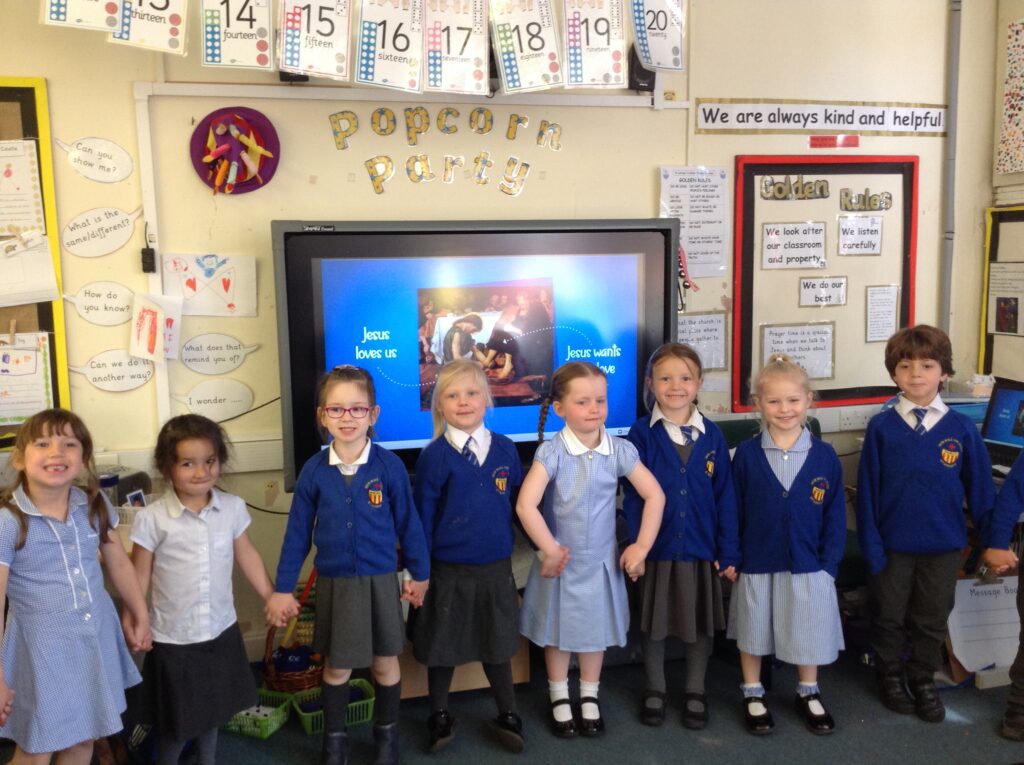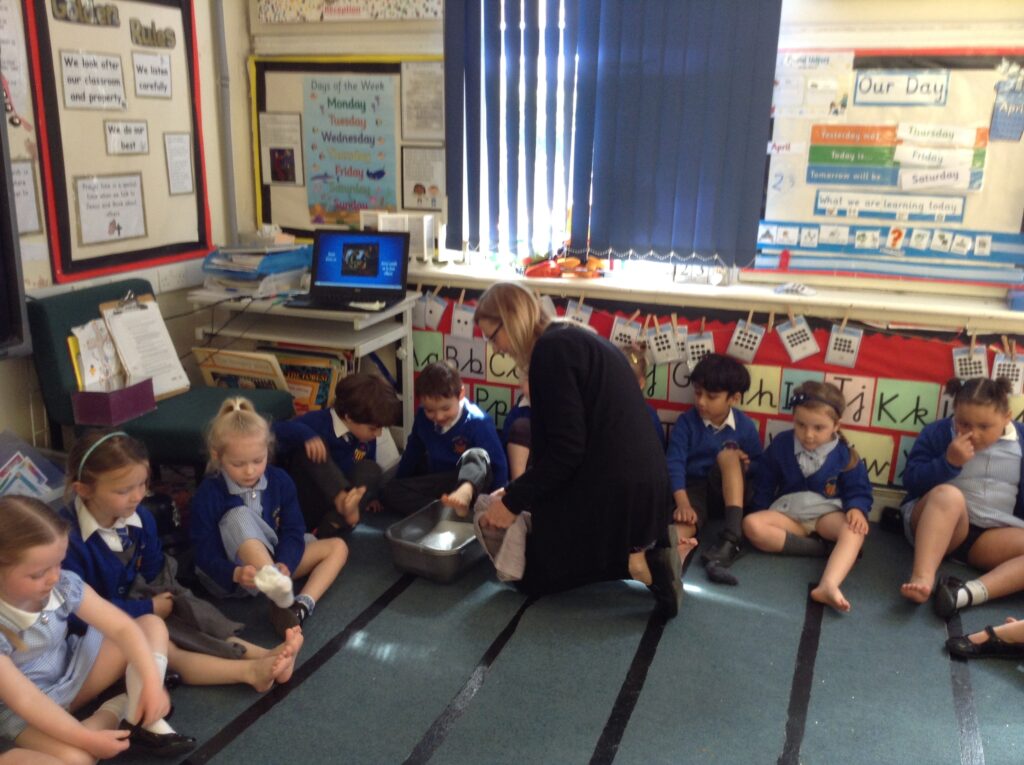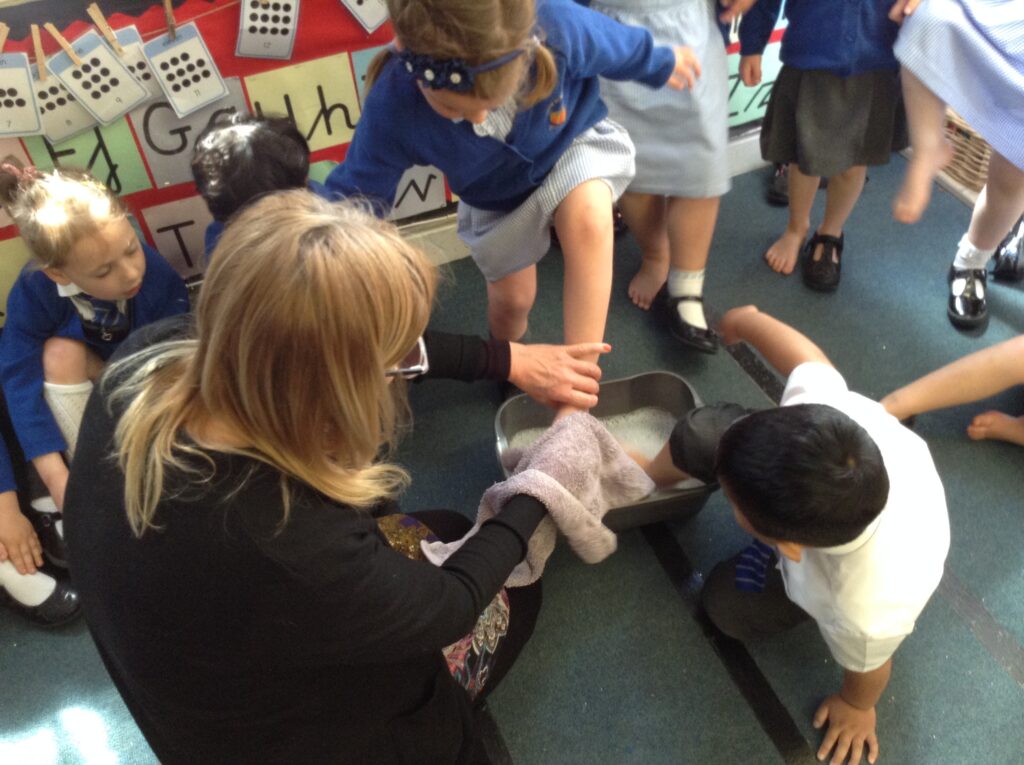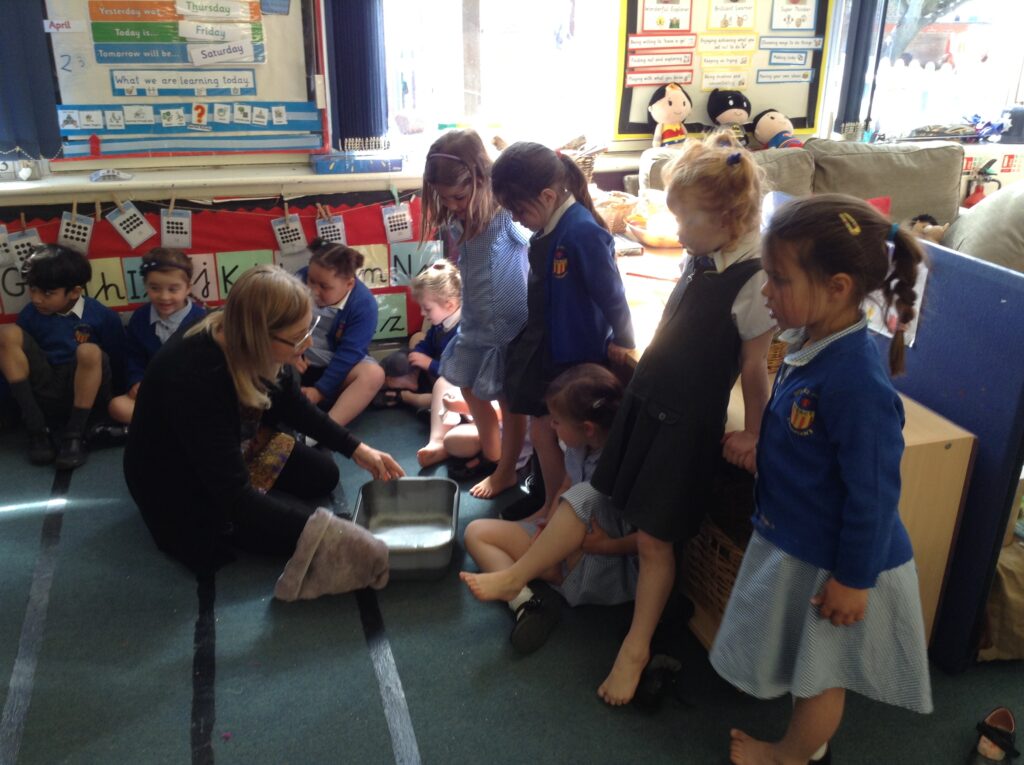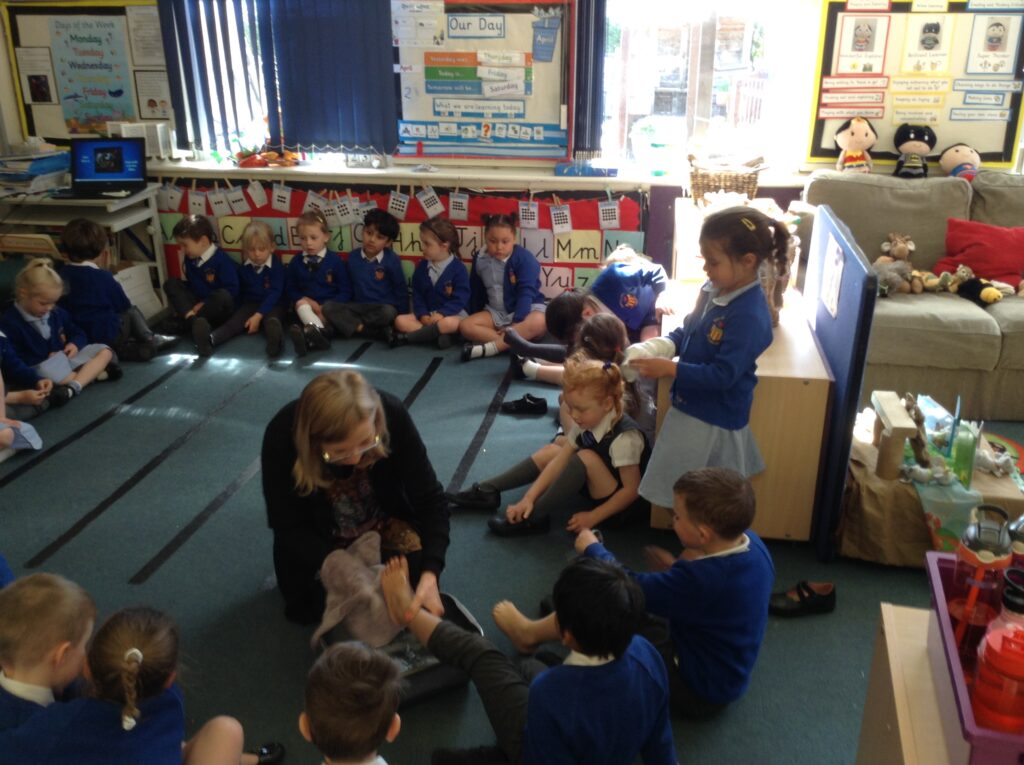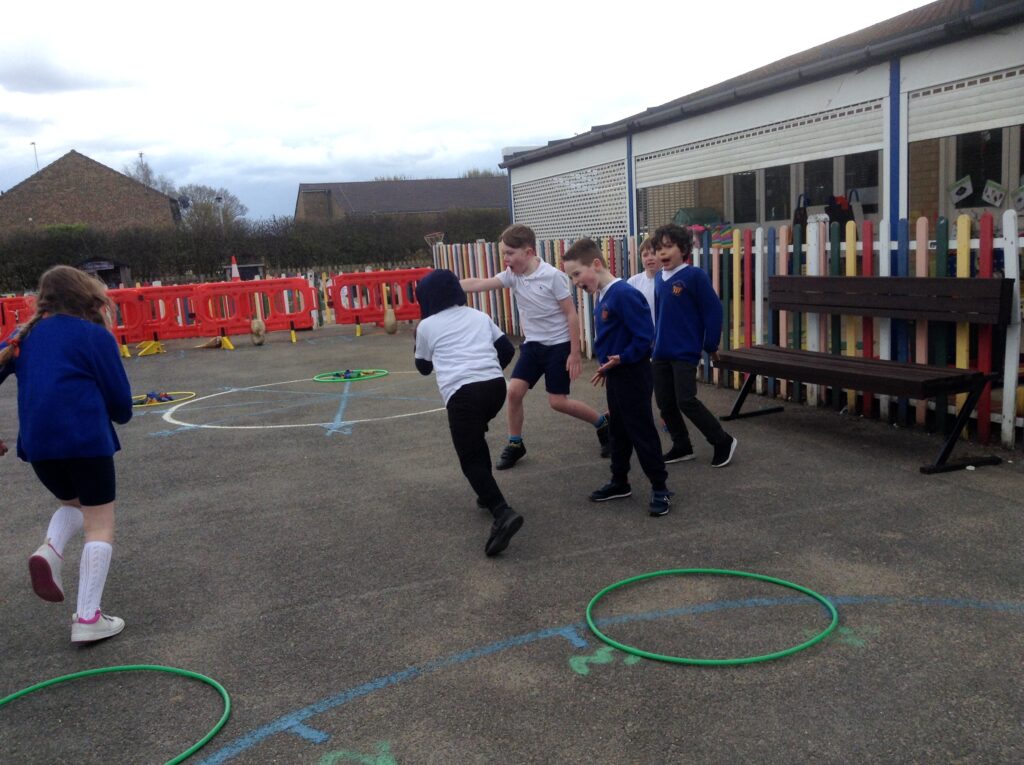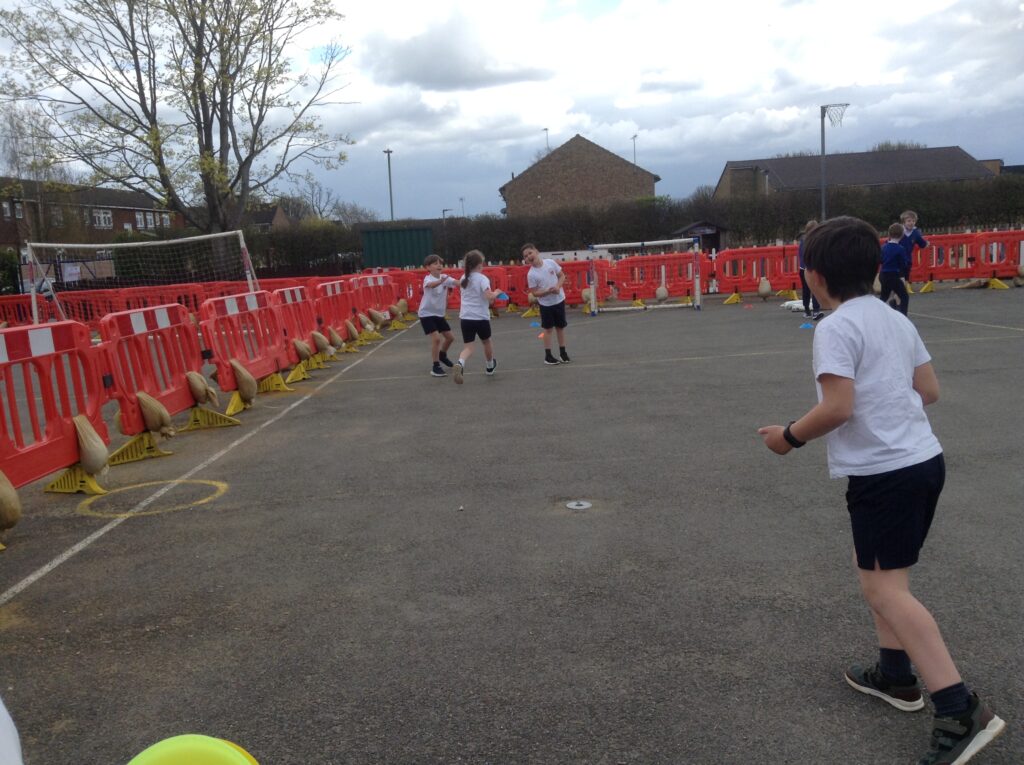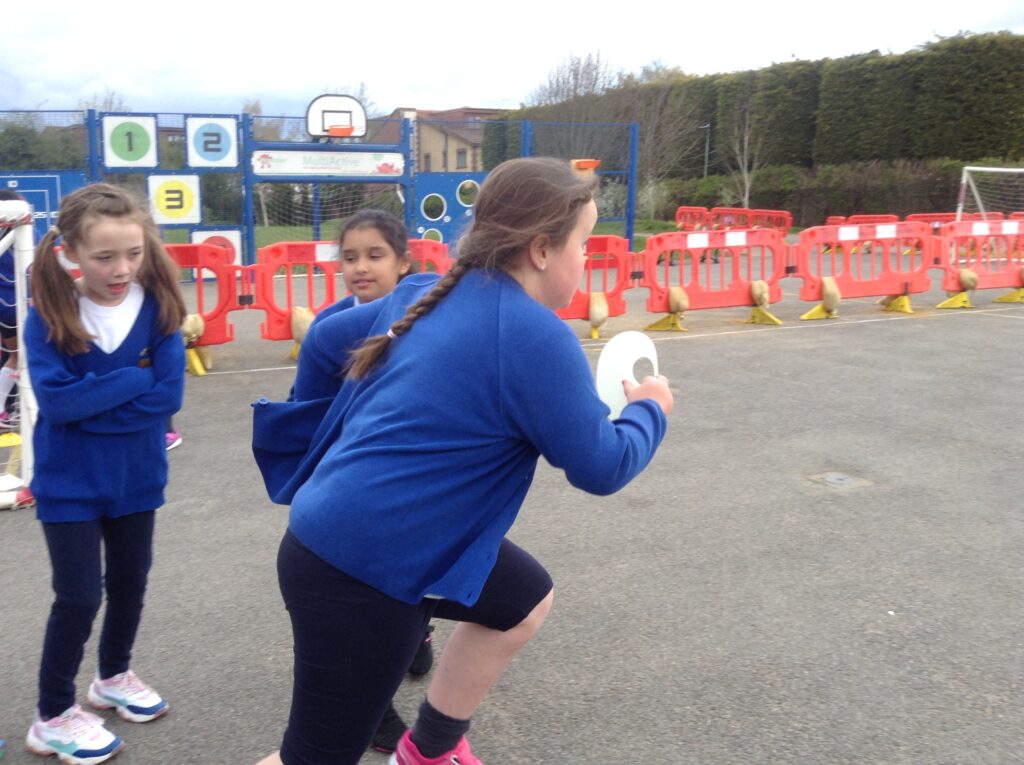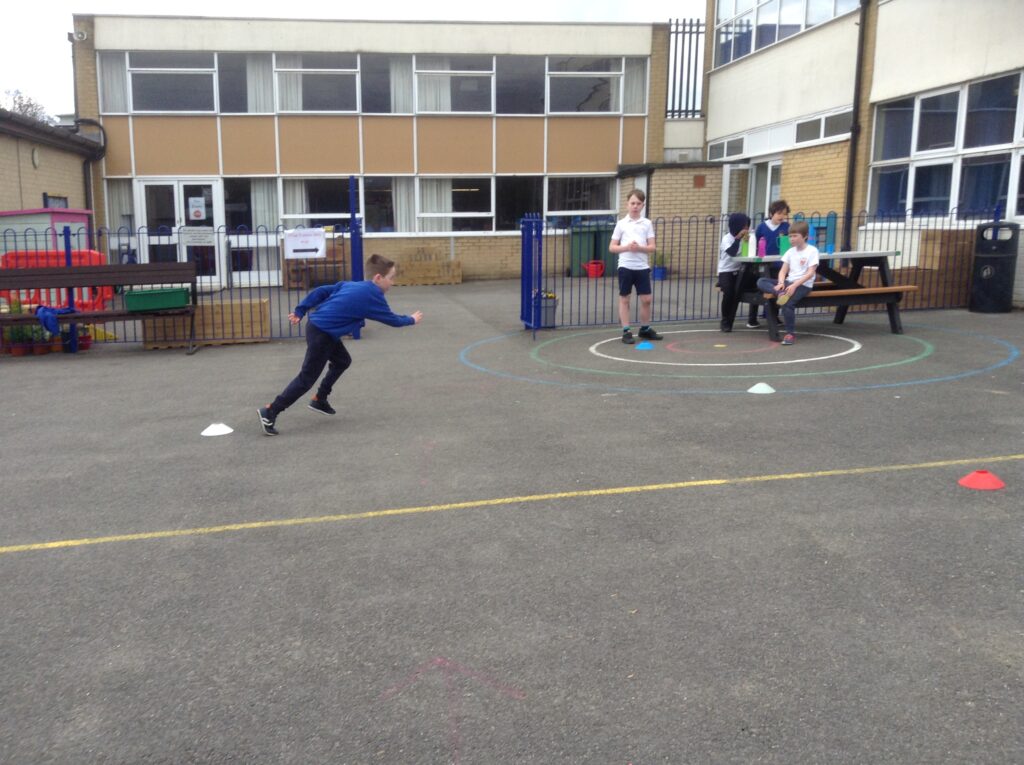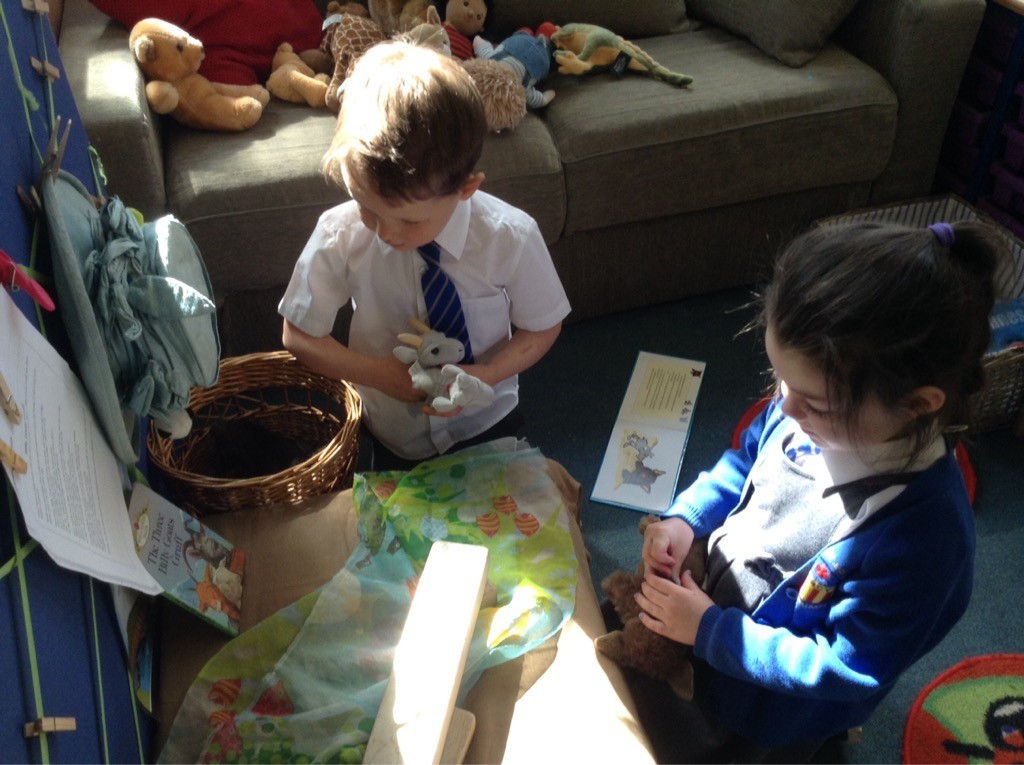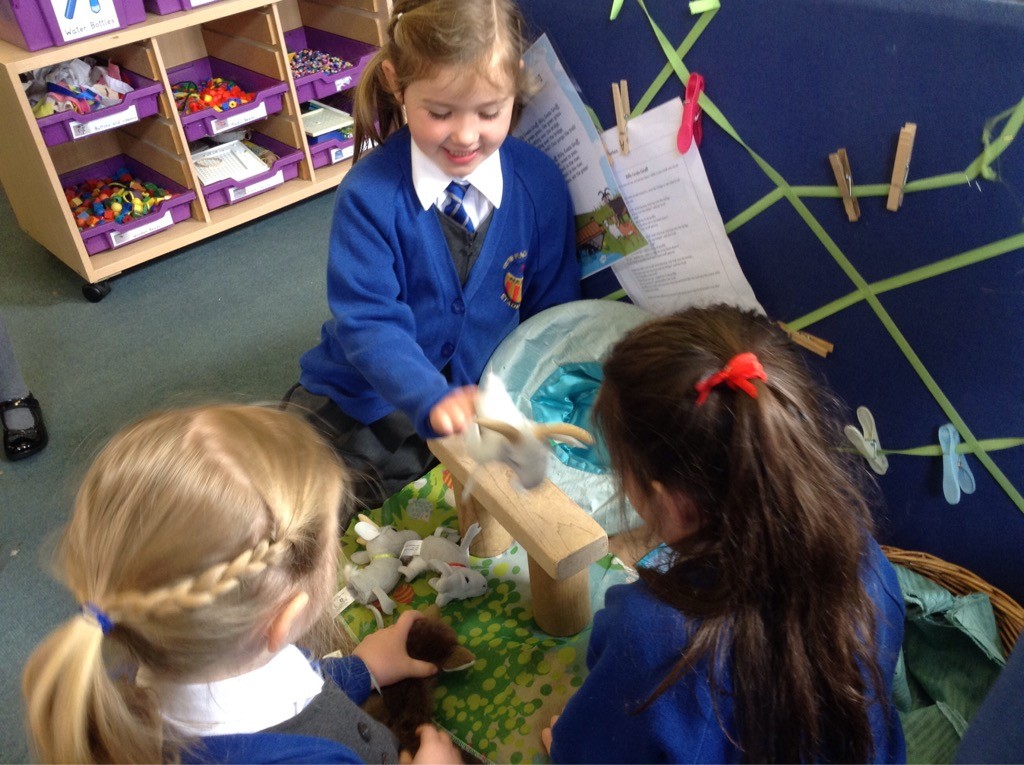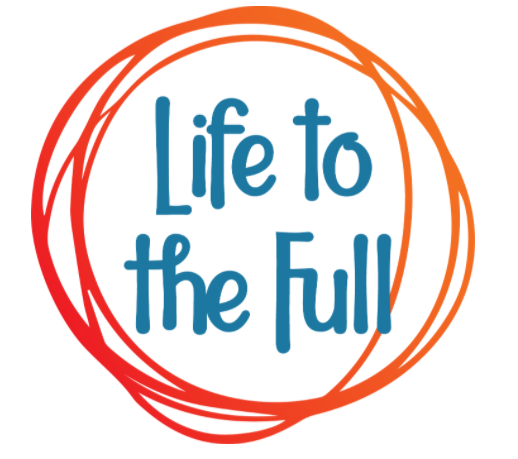Networks of friendships and relationships enable human beings to live together. When a child’s power to reach out, trust and make friends is diminished, they may suffer the effects for a lifetime. Both children and adults have to discover their ability to reach out and repair what has been damaged. If human beings are to live together in relationships, there is always need for reconciliation.
REVEAL
Christians believe that, in Jesus Christ, the world has been reconciled to God. Through and in Christ, every human being is offered the power to reach out in forgiveness and peace, to receive and to offer reconciliation.
Word of God
St. Paul in his letter to the Ephesians, wrote:
“But now in Christ Jesus, you that used to be so far apart from us have been brought very close, by the blood of Christ. For he is the peace between us, and has made the two into one and broken down the barrier which used to keep them apart, actually destroying in his own person the hostility caused by the rules and decrees of the Law.” Ephesians 2:14-15
Catechism of the Catholic Church
“It is called the Sacrament of Reconciliation, because it imparts to the sinner the love of God who reconciles: ‘Be reconciled to God’. He who lives by God’s merciful love is ready to respond to the Lord’s call: ‘Go; first be reconciled to your brother’…
Indeed the Sacrament of Reconciliation with God brings about a true ‘spiritual resurrection’, restoration of the dignity and blessings of the life of the children of God, of which the most precious is friendship with God.” CCC1424, 1468
Prayer and Reflection
I have chosen the way of faithfulness;
I set your ordinances before me.
I cling to your decrees,
O Lord; let me not be put to shame.
I run the way of your commandments,
for you enlarge my understanding.
Teach me, O Lord, the way of your statutes,
and I will observe it to the end.
Give me understanding that I may keep your law
and observe it with my whole heart.
Amen.
(Psalm 119: 30-34)
